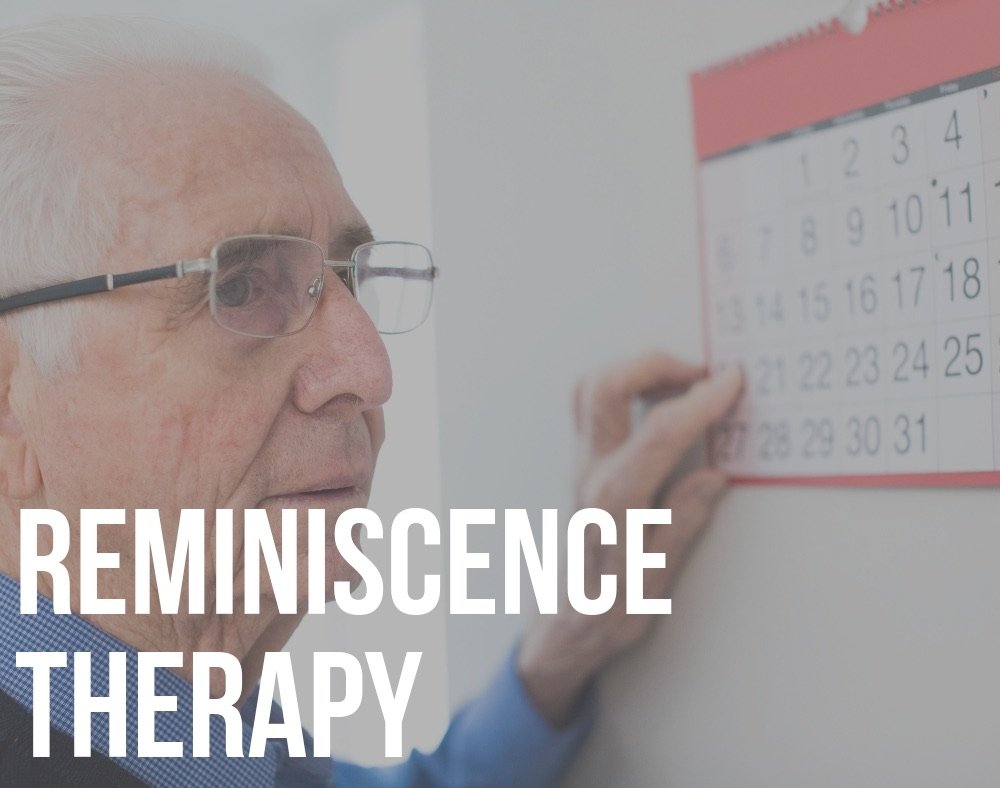Is dementia progressive? The short answer is ‘yes’. All types of dementia are progressive.
The signs and symptoms may be mild at first, but they do worsen over time.
Each person with dementia is unique so the speed in which their dementia progresses will vary to those of other people and their experiences as the disease progresses will be very individual too.
At present, dementia is always progressive, but scientists the world over are currently searching for ways to prevent the disease and to slow its progression.
The solutions to both of these are urgent as the number of people with dementia steadily rises.
‘Life expectancy with dementia is increasing year on year as scientists and doctors find better ways to manage the disease. However, because of the nature of its progression dementia is known as a ‘life limiting’ illness’. Source
Why is dementia progressive? In this article we explain why, and we offer suggestions on how to help slow the progression of the disease.
Contents
What causes dementia?

‘Dementia’ is an umbrella term used to describe a variety of medical conditions that affect the brain including Alzheimer’s, vascular dementia, dementia with Lewy Bodies and Frontotemporal dementia.
When a person is in the early stages of dementia only a small part of their brain is damaged, and they may have only a few minor symptoms. As the disease spreads to more parts of the brain, it is unable to work as well and the areas that have already been damaged become worse.
The patient’s early symptoms may get worse and new symptoms appear affecting not only their cognitive ability and memory, but also speech, behavior and mobility.
How is the progression of dementia measured?
 Many doctors refer to three stages of dementia – early, middle and late or mild, moderate and severe. Those specializing in dementia have divided the progression of the disease into seven different stages to help the loved ones of the dementia patient to understand how the dementia will progress.
Many doctors refer to three stages of dementia – early, middle and late or mild, moderate and severe. Those specializing in dementia have divided the progression of the disease into seven different stages to help the loved ones of the dementia patient to understand how the dementia will progress.
These seven stages are important to understand, especially as the dementia patient has no control over them.
Because each person is unique, how the dementia progresses and how quickly it does, will vary. It is also important to be aware of the first signs of dementia so that action can be taken early on to get the condition diagnosed.
The 7 progressive stages of dementia
1. Normal behavior
 In the earliest stages of the disease, many people have no symptoms even though there are changes taking place in their brain. It may well be several years before they display signs and symptoms of the disease.
In the earliest stages of the disease, many people have no symptoms even though there are changes taking place in their brain. It may well be several years before they display signs and symptoms of the disease.
2. Becoming forgetful
Whilst many older people occasional forget diary dates or where they have left their reading glasses, when a person has dementia, they will begin to forget things very easily and regularly lose things in their home.
At this stage, many people believe this is still just a sign of getting older and is an age-related problem.
3. A noticeable mild cognitive decline
This stage of the disease can often last 5-7 times and during this time the first signs that things may not be alright begin to appear.
The person’s memory loss seems more than age-related deterioration and they seem to be frequently forgetting many things – even important appointments on the calendar.
4. Moderate and very noticeable cognitive decline
It is at this stage that most people with dementia are diagnosed. The signs and symptoms by now are apparent to both family members and friends.
The person with dementia may have problem remembering to eat meals or to pay bills on time and everyday life is becoming challenging.
5. Moderately severe cognitive decline.
 As the disease progresses and your loved one reaches this stage it is viewed as the beginning of the later stage of dementia.
As the disease progresses and your loved one reaches this stage it is viewed as the beginning of the later stage of dementia.
Your loved one can probably no longer wash or dress themselves easily.
They will struggle to remember things like their telephone number but will remember events from their childhood very clearly.
They will still recognize family members and friends at this stage, which usually lasts 1.5 – 2 years.
6. Severe cognitive decline
This is the beginning of the final stages of dementia and your loved one will require round-the-clock attention.
They will definitely need help washing and getting dressed but could be incontinent too.
They will get easily disorientated and can suffer from mood swings becoming angry and aggressive which is extremely hard to deal with.
Dementia patients at this stage can still usually recognise their loved ones.
This stage lasts on average 2- 2.5 years. Many dementia patients pass away during this stage – usually because of other health problems.
7. Very severe cognitive decline
By this stage, the dementia patient is having problems speaking and expressing their thoughts.
They need constant assistance throughout the day especially with feeding and may well need support during the night if they cannot sleep or start to wander.
Many dementia patients at this stage are being supported by professional carers.
A free booklet about the seven stages of dementia and how you can support your loved one at each stage can be downloaded using the above link.
Are there ways to halt the progression of dementia?
 Medications can be used to temporarily improve the symptoms of dementia.
Medications can be used to temporarily improve the symptoms of dementia.- Adapt your home so that your loved one can remain as mobile and independent as possible for as long as possible.
- Regular exercise including walking, swimming, cycling and gardening have all been proven to help dementia patients to keep their balance and mobility. If you prefer there are a variety of different exercises to do to maintain balance and flexibility.
- Encourage activities such as dancing, painting and singing as these will help you loved one to stay engaged.
- Establish a good daily routine as this will help your loved one to feel secure and less anxious. Have mealtimes at the same time each day and if you enjoy a walk together, make this at the same time each day too.
- Increase your conversations with your loved one. This can be challenging but make your sentences short, direct and easy to understand. Encourage them to talk too but never argue or get cross if their memories are inaccurate – it is not their fault.
- Make a calendar for your loved one to help them remember up and coming events. Complete a daily journal each evening to help them to recall what has happened during the day.
There are many other ways to keep your loved one engaged so that they enjoy the best quality of life.
These include music therapy, caring for a pet and aromatherapy as the senses of touch and smell are heightened as dementia progresses.
How to cope when you are caring for someone with progressive dementia.
 Having a loved one with dementia takes its toll on everyone in the family, especially the main carer. If that is you, it is important you look after yourself too.
Having a loved one with dementia takes its toll on everyone in the family, especially the main carer. If that is you, it is important you look after yourself too.
The first step is to learn as much as you can about dementia and its progression.
If you have questions, don’t be scared to ask them of your doctor, social workers and other healthcare professionals.
Find out what support services there are in your community and if there is a local support group.
Do these include respite care in case you become ill or exhausted? If there are not community services available, ask family members or friends for help to give you a regular break.
Take good care of yourself as well as your loved one – physically, mentally and emotionally.
Is dementia progressive? Final Thoughts
Dementia is indeed a progressive illness. It tends to worsen over time, increasingly impacting a person’s cognitive abilities, memory, behavior, and overall functioning.
The rate of progression varies among people, being dependent on the specific type of dementia they have.
Generally, with all types of dementia, the symptoms will become more severe as the disease advances. As dementia progresses, people may experience increasing difficulty with everyday tasks, speaking, and with memory.
It’s important for those with dementia, their caregivers and family, to understand why is dementia progressive and the progressive nature of the disease. Accordingly, they should seek appropriate support to help manage the effects at each stage of the disease.

 Medications
Medications





